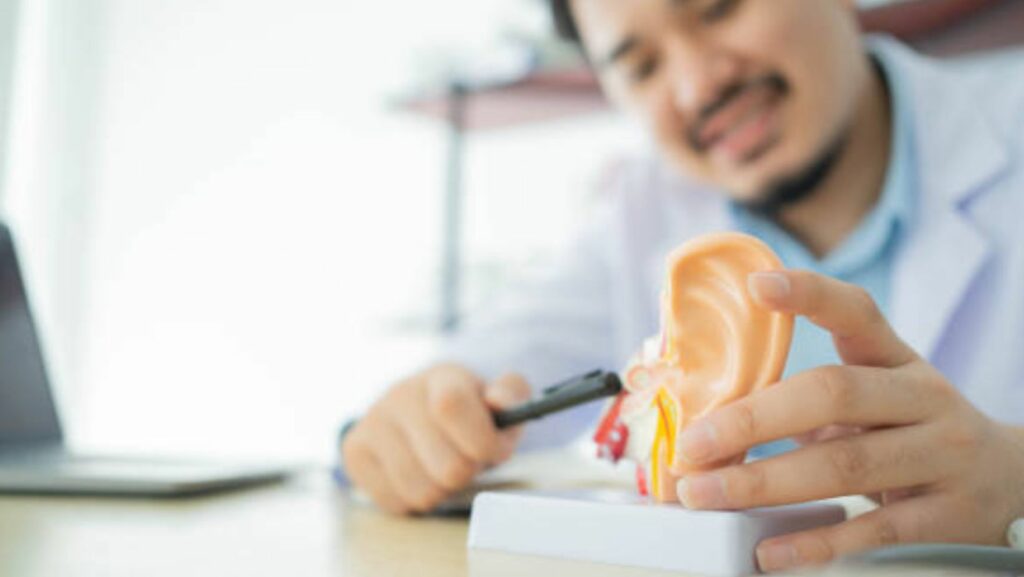The fact that one lives in a busy city implies that they are always exposed to honking cars, construction activities, loud music, and noise caused by the transport system. Although the city buzz is an urban experience, it can equally be very serious to your ears. The long-term effects of exposure to noise above 85 decibels include noise-induced hearing loss, one of the most prevalent but avoidable health problems in the present day. Even making little and regular steps towards your ears can do much to save your hearing.
Use Adequate Hearing Protection
Protective equipment like earplugs or ear muffs are one of the most effective methods of covering your ears against excessive noise that are emitted by the urban environment. Earplugs are smaller, cheaper and convenient to carry and earmuffs offer more protection in the face of long-term noisy exposure- perfect in construction workers or commuting workers.
Custom-fitted earplugs are the best fit and most comfortable to those who are always in a noisy environment and they also minimize the unsafe decibel levels without blocking the important sounds such as traffic or conversations. If you’re living in a busy city like New York, and you are already experiencing the initial symptoms of hearing problems, the first step that can lead you to the right direction of hearing protection in a noisy environment is to visit an audiologist staten island.
Limit Time in Noisy Areas
Exposure to noise is cumulative; the longer you are exposed to a noisy environment, the more damage your ears may sustain. Attempt to schedule your daily routines in such a manner that your ears have frequent rests. As an illustration, one can avoid busy roads or reduce the time spent there where loud music is played. Even brief pauses, such as spending 5-10 minutes in silence after a loud commute, can provide your ears with a nice rest.
In case you work or reside in an area where there are constant sources of noise, you may use noise-absorbing curtains or window insulation to reduce the amount of noise that gets inside.
Turn the Volume Down
You would want to turn the earphones or speakers up to block the noise of the city, but this can cause serious hearing impairment in the long run. Professionals suggest that you should not exceed 60 percent of the maximum volume on your device and also wear noise-cancelling headphones, which can effectively block the background sound, without necessarily raising the volume.

Also, there are smartphone applications such as decibel meters, which can detect the amount of noise in the surrounding and alert you when you need to take a break or limit the amount of noise you are exposed to.
Establish Silent Areas in Your Life
In a city that does not sleep, you can plan some time to have some quietness so that your ears and your mind can rest. Set aside some of your time of the day or some space in your car, your own little room or even your local park as your quiet area. Taking a small break after the noise assists in resetting the hearing sensitivity and avoiding overstimulation.
Whenever you have a break or after work hours, see whether you can spend time in noiseless places so that your auditory system can get a rest and recover after the heavy rattling sound of urban life.
Have Frequent Hearing Tests
Preventive efforts notwithstanding, hearing tests are necessary on a regular basis in noisy cities. Hearing loss can be detected early and early intervention can be applied to prevent irreparable harm. Regular examinations with an audiologist are useful to monitor minor hearing impairments and make sure that your protective measures are working.

Depending on your occupation and the amount of noise that you are exposed to regularly, your hearing professional can also suggest customized hearing protection or lifestyle changes.
What to Do to Turn Hearing Protection into a Habit
It is not a complex task to include hearing care in the day-to-day activities–it is a matter of awareness and regularity. The first step is to carry a couple of reusable earplugs in your bag, turn down music when you are on the road, and make quiet time a habit. In the case of individuals who are regularly exposed to loud conditions, such as construction workers, traffic officers, and musicians, adherence to the Occupational Safety and Health Administration (OSHA) regulations regarding exposure to decibels will help avoid hearing disabilities throughout their lives.
Conclusion
The life in the city is exciting and full of opportunities, but it also introduces you to the level of noise that can silently take away your hearing. These five precautionary steps – hearing protection, exposure management, volume reduction, establishing quiet areas, and regular hearing examinations – will help you to enjoy the vibrancy of urban life without compromising your hearing abilities.
Hearing is something that cannot be replaced, and today there is no better way to secure your hearing than to ensure that you get to hear the colorful sounds of the future city symphony with clear and confident ears.

